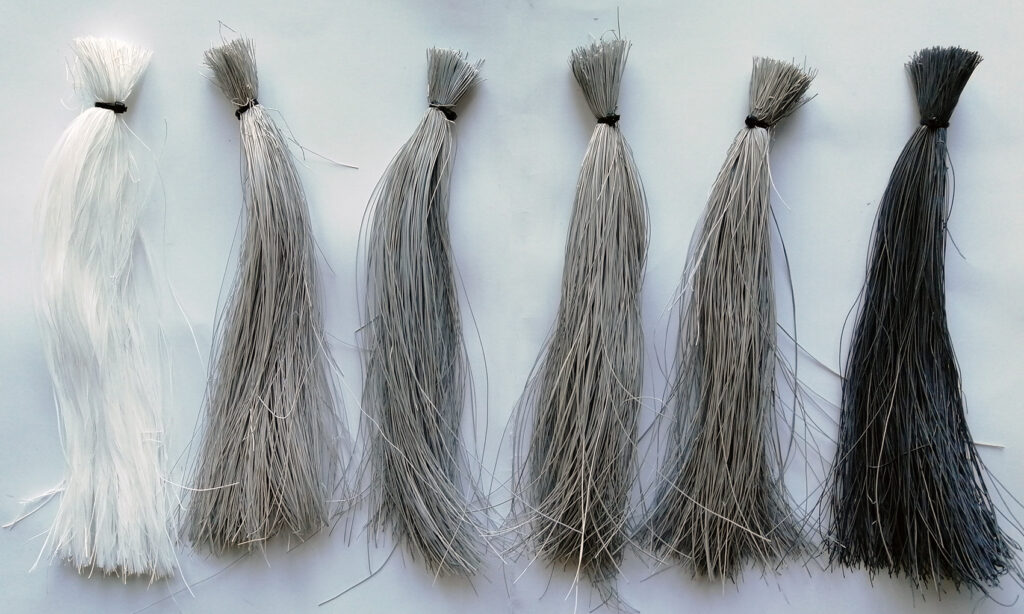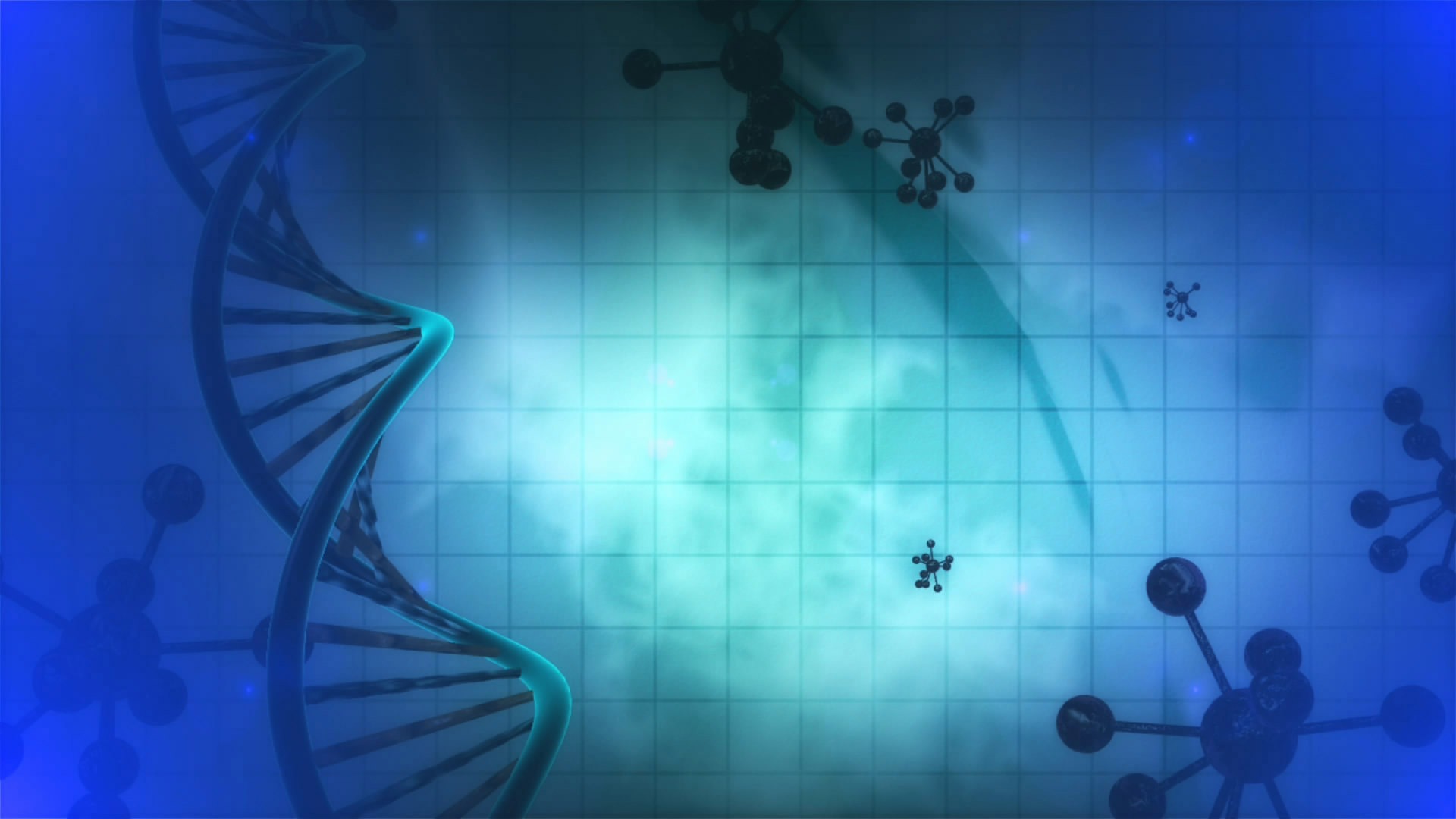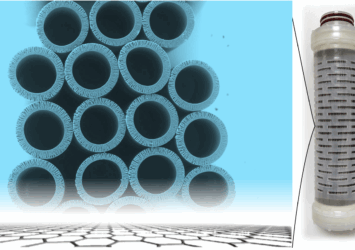Bologna, Italy — April 2025 – In a remarkable example of scientific innovation transitioning swiftly to real-world impact, researchers from the National Research Council of Italy (CNR) and engineers from MEDICA S.p.A. have jointly developed and scaled up a novel graphene oxide-based filtration technology that effectively removes emerging contaminants—including ‘forever chemicals’ like PFAS—from drinking water.
Published this month in Nature Water, the study titled “Graphene-based filters for customized drinking water purification” details how the integration of graphene oxide (GO) into polysulfone (PSU) hollow fiber membranes has delivered a high-performance, scalable solution to one of today’s most urgent environmental challenges.
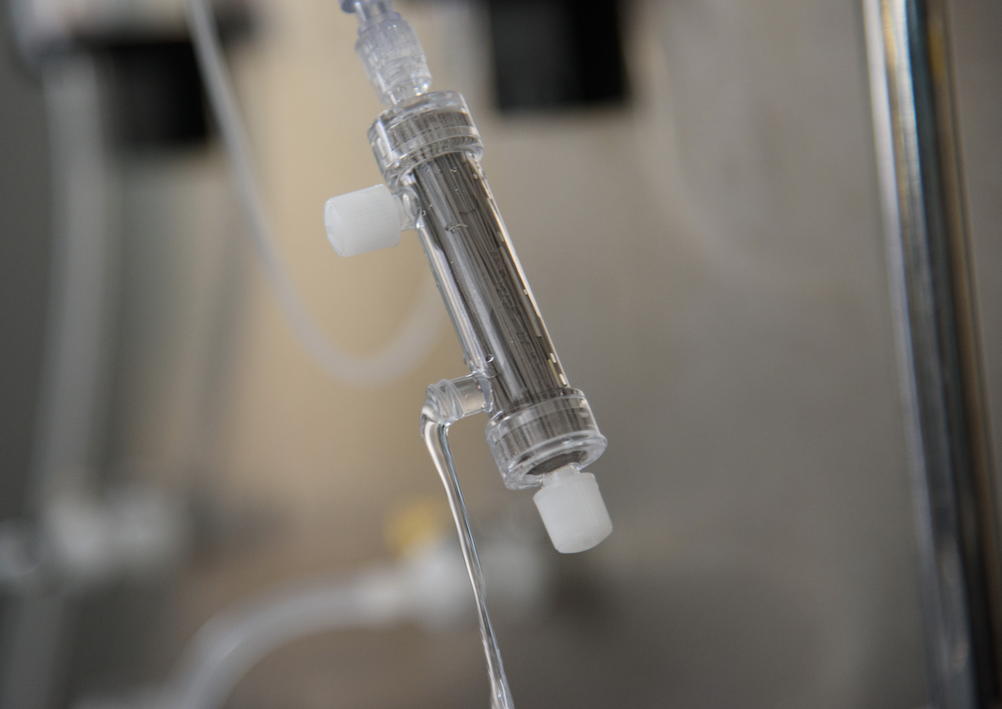
From Lab Bench to Market Shelf
What began as a laboratory experiment in 2017 has rapidly evolved into a semi-industrialized product line, thanks to a multi-year collaboration under the EU-funded Graphene Flagship initiative. This initiative supported the GRAPHIL spearhead project, which helped advance the new technology from Technology Readiness Level 3 to 6, with external validation by independent experts.
In 2024, the effort culminated in the launch of Graphisulfone®, a new generation of water purification filters now showcased by MEDICA at the ECOMONDO environmental technology exhibition. These filters are tailored to target pollutants that are otherwise difficult to remove—such as PFAS and heavy metals like lead (Pb²⁺)—with performance that meets or exceeds that of commercial activated carbon systems.
Advantages of the New Technology
- Selective Removal: Effective against a wide variety of persistent organic pollutants and heavy metals.
- Industrial Compatibility: Seamlessly integrated into existing hollow fiber spinning lines without the need for costly upgrades.
- Sustainable Design: Minimal nanomaterial usage and rigorous safety validation ensure zero GO release into drinking water.
- High Throughput: Production scaled to 200,000 km of PSU-GO hollow fibers per year.
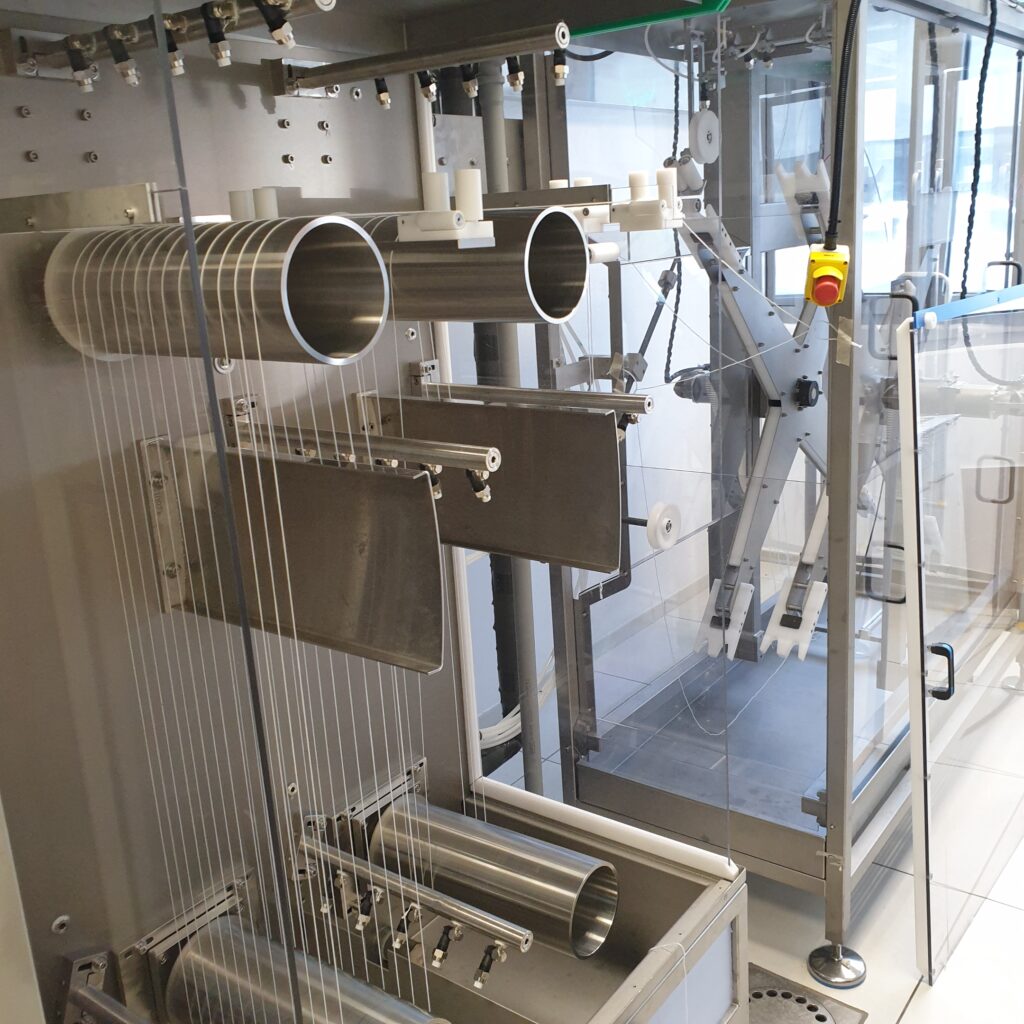
“This is an effective example of how fundamental research, if oriented towards industrial needs and supported by targeted public funding, can lead to concrete technological results,” said Vincenzo Palermo, one of the authors of the work and director of the Institute for Organic Synthesis and Photoreactivity of the Cnr of Bologna (Cnr-Isof). “We have developed a technology that combines safety and sustainability, thanks to which MEDICA S.p.A. will be able to produce thousands of filters per year.”
“A key role was played by the strong synergy that developed over the years, with daily interactions and close collaboration between our teams,” declare Manuela Melucci, researcher at Cnr-Isof, and Letizia Bocchi of MEDICA S.p.A., respectively deputy leader and coordinator of the GRAPHIL project.
A Model for Future Collaborations
The partnership between CNR and MEDICA exemplifies a powerful model for European innovation—where public research institutions and private companies co-develop solutions that serve both public health and economic growth. Looking ahead, the teams aim to further enhance the technology by developing customizable filters with on-demand selectivity and exploring regeneration techniques for long-term sustainability.
Link to full article (open access, no download): “Graphene-based filters for customized drinking water purification”
For more information:
🔗 https://www.medica-spa.com
🔗 Graphene Flagship Project – GRAPHIL
